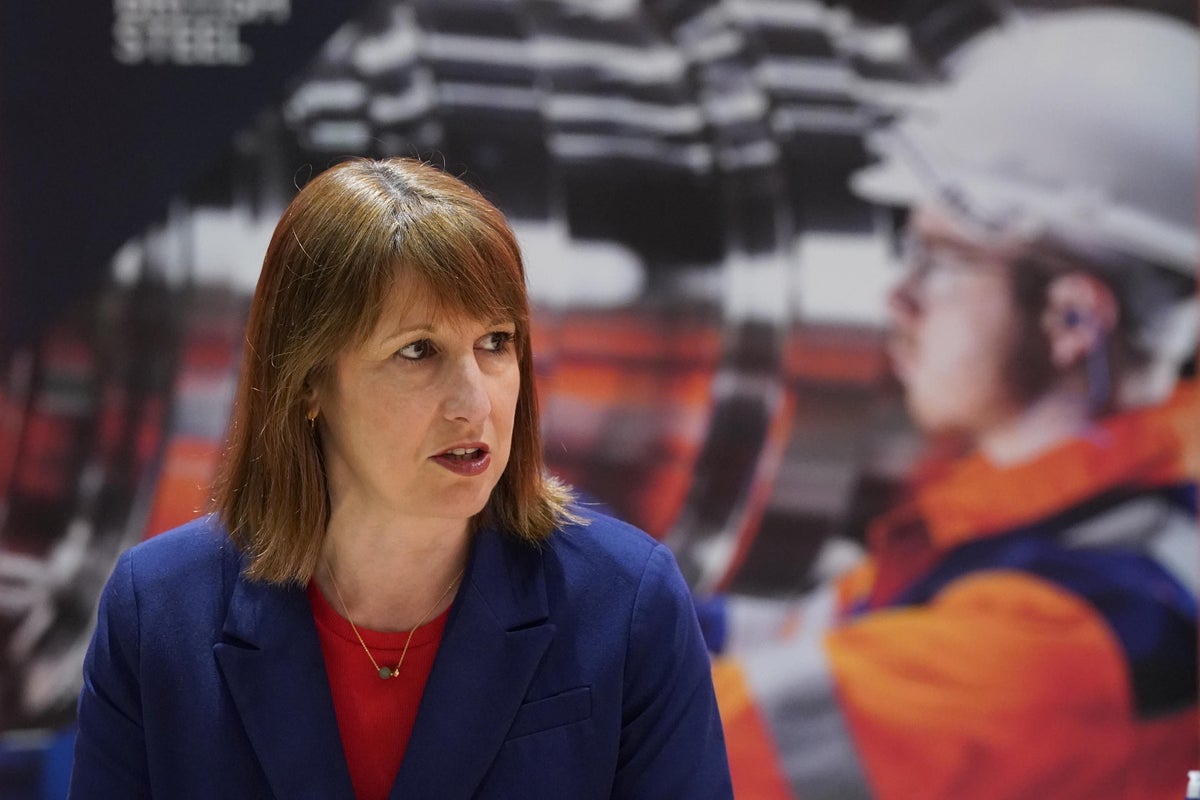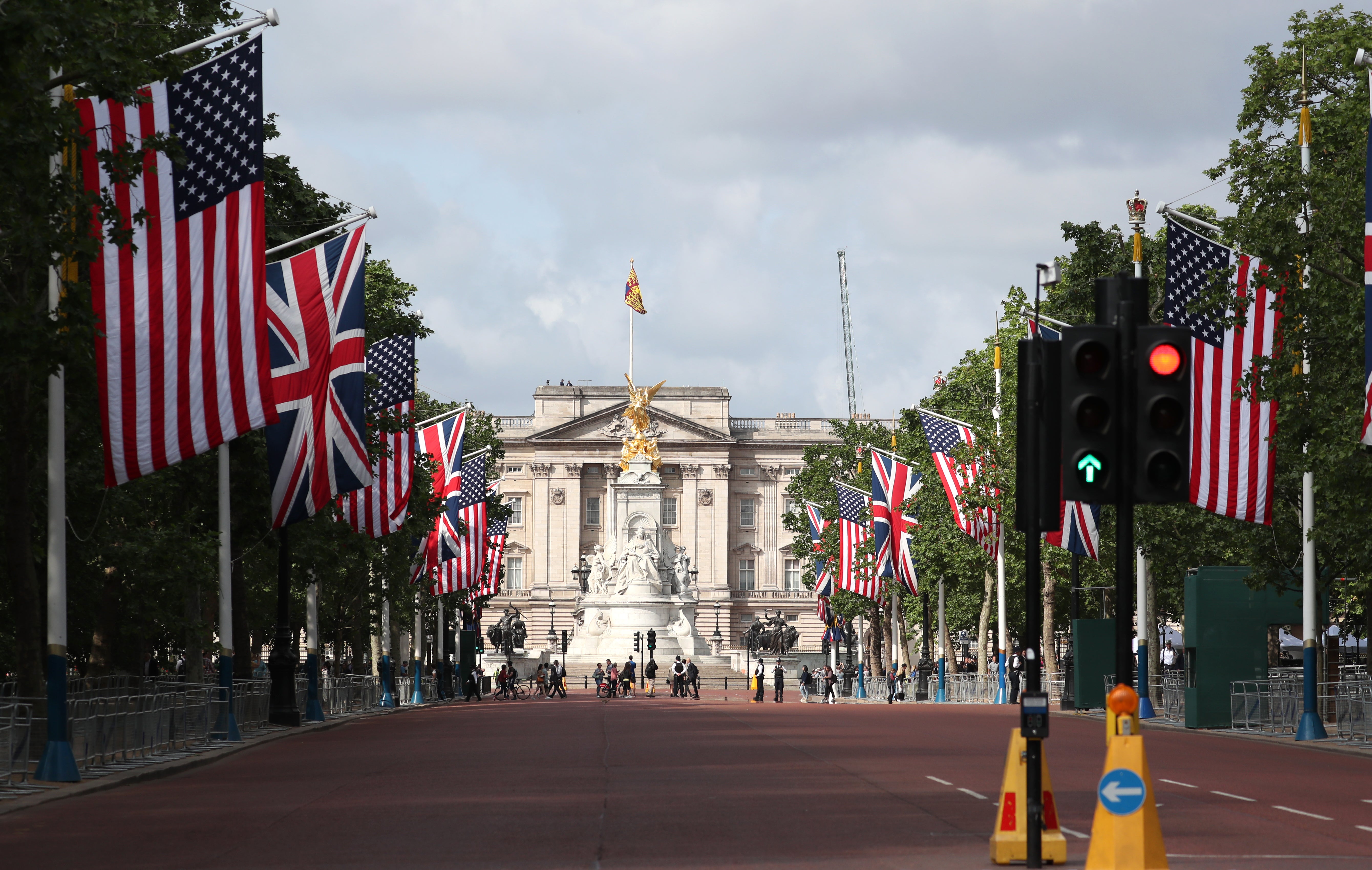
Rachel Reeves has said she will be having “conversations with the US administration” next week as the UK looks to secure a trade deal with Washington.
The UK is hoping a deal can help stave off the full brunt of US President Donald Trump’s sweeping 10% tariffs on all goods imported to the US, and the Telegraph has reported that White House officials believe an agreement could be reached “within three weeks”.
The Chancellor will be in the US next week for meetings, and said that “active negotiations” with the Americans are still ongoing.
Asked whether the UK is within three weeks of a deal the Chancellor told broadcasters: “Those conversations with our US counterparts are ongoing.

“I will be in Washington next week for the International Monetary Fund annual meetings, their spring meetings.
“I will also be having conversations with the US administration whilst I’m there.
“The key thing for the British Government is always acting in the UK’s national interest, and any deal that’s able to be secured will always have front-and-centre British national interest.”
A 10% tariff on imports of UK goods into the US was imposed earlier this month, alongside a 25% levy on car imports.
Ms Reeves was speaking from Scunthorpe, after the Government intervened last weekend to support the steel works.
Asked whether any deal could see the 10% levy lifted, she said: “We are in active negotiations at the moment with our US counterparts on a whole range of issues concerning the tariffs for steel and aluminium, and the cars which of course are at 25%, as well as the headline tariff rate of 10%.”
She added: “Getting a deal across a whole range of areas… (is) very important for British industry and British jobs, and that is my focus as Chancellor.”

It comes as a former spy chief warned that the UK “would be in trouble” if it was to agree a trade deal with the US at the expense of China.
Nigel Inkster, the former deputy head of MI6 said a US-UK deal could negatively impact Britain’s relationship with China, which is a “critical supplier” of pharmaceuticals in both the UK and the US.
Mr Inkster told BBC Radio 4’s Today programme: “If it were the case that we had such a deal, I think it would come with strings, and one of those strings would be an expectation that the UK would get with the programme when it came to China.
“We’ve seen a precursor of this with the Huawei 5G saga, which the Americans said, you cannot use a Chinese company to build the 5G.
“What needs to happen is that the Government needs to look much more carefully at what constitutes critical national infrastructure, and consider what the risks are in any given sector.
“And one of the areas here that worries me quite a lot is the whole pharmaceutical sector, because China is a critical supplier of many pharmaceutical products.
“Without them, we would be in trouble.”
Pharmaceuticals are said to be a heated part of discussions between British and US negotiators, amid Mr Trump’s plans to begin imposing tariffs on medicines.
Asked if the Chinese government could switch off the supply of vital pharmaceuticals in case of a future dispute, Mr Inkster said: “It would be an incredibly powerful lever.
“China has, I think, a fairly clear track record of readiness to use economic coercion.”







